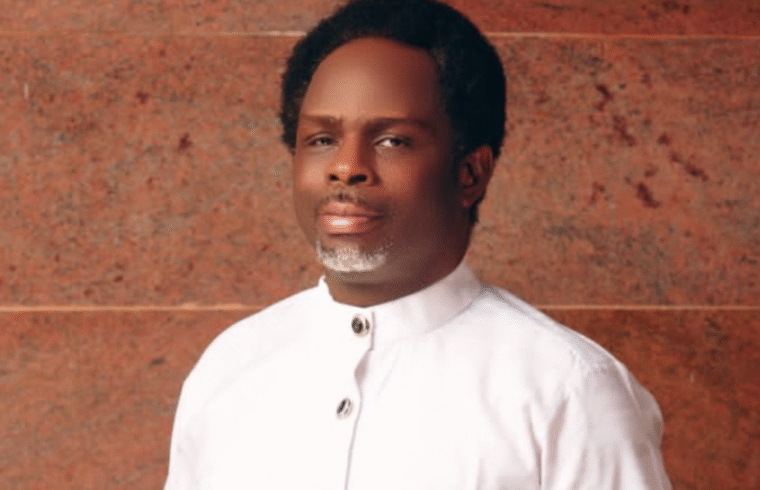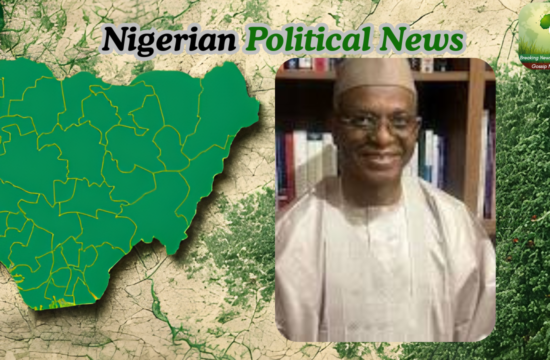Kenny Okolugbo, Media Aide to the Senate President, Godswill Akpabio, has asserted that President Bola Tinubu’s administration has made more meaningful progress in the fight against corruption than the government of former President Muhammadu Buhari, who was widely regarded as an anti-corruption crusader.
Speaking during an interview on TVC News, Okolugbo praised Tinubu’s administration for its renewed commitment to combating corruption, noting that the Economic and Financial Crimes Commission (EFCC) under its chairman, Ola Olukoyede, has displayed “unprecedented focus and effectiveness.”
According to him, Olukoyede’s leadership has brought new energy to the EFCC’s operations, particularly in tackling financial crimes, round-tripping, and the manipulation of the naira through cryptocurrency-related activities.
He said,
“Ola Olukoyede, the EFCC chairman, has done a lot in fighting those involved in round-tripping and the artificial devaluation of the naira, especially those using cryptocurrency to distort the real value of the currency.”
Okolugbo added that the EFCC’s recent interventions have helped stabilize the naira and contributed to economic recovery.
“We have never had an EFCC this focused under any administration. Ironically, President Tinubu, who some claimed was allegedly corrupt, is presiding over the most determined anti-corruption drive we’ve seen,” he stated.
He further noted that while Buhari’s government was known for its anti-corruption rhetoric, it did not match the practical intensity and strategic execution currently seen under Tinubu.
“I’m not trying to denigrate President Buhari, but under him—who was supposed to be anti-corruption—we didn’t fight corruption the way it is being fought now,” Okolugbo said.
The Senate President’s aide also highlighted the recovery of 753 houses by the EFCC and the agency’s role in generating internally generated revenue (IGR) for initiatives like the students’ loan fund and the cash-back policy scheme as evidence of progress.
He added that the commission’s ongoing efforts, including the deportation of foreigners involved in cybercrime and the tracking of stolen funds across ministries and agencies, send a clear signal that Nigeria is no longer a safe haven for corruption.
“This government has shown that it is serious about accountability and transparency. The EFCC’s work is helping to restore public confidence in Nigeria’s institutions,” he concluded.












